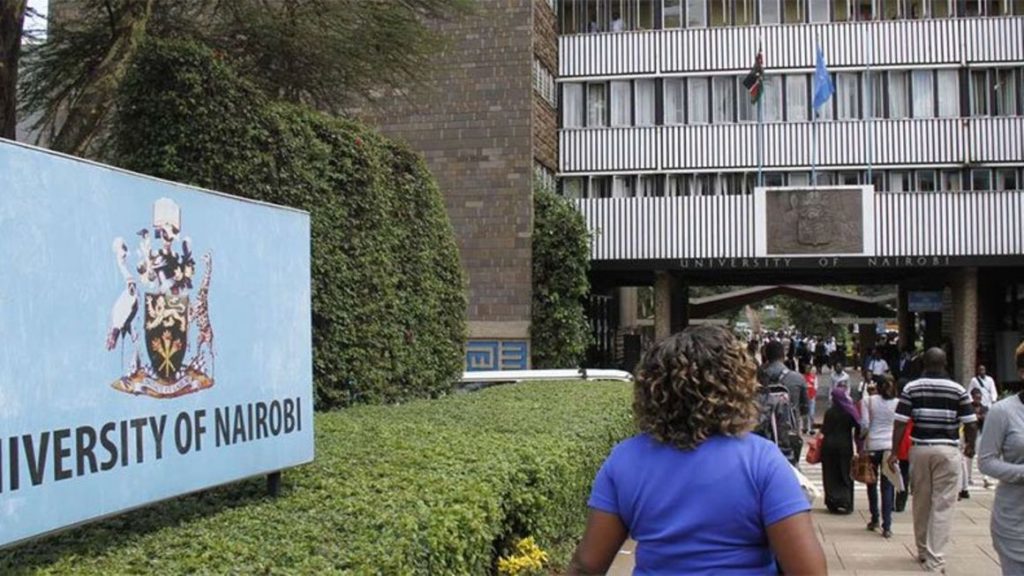University of Nairobi. FILE PHOTO | NMG University regulatory bodies may be merged and performance-based funding introduced in the institutions of higher learning as Kenya moves to adhere to World Bank’s conditions for loans.
The Bank says financing challenges in the higher education sector should be urgently addressed for Kenya to cut wasteful spending and achieve economic recovery and financial sustainability.
The country is expected to achieve this through reforms in law, streamlining the overlapping mandates of regulatory bodies, and shifting the financing model from input-based financing to an objective, performance-based one.
“The recipient (Kenya) enacts a new university law to introduce performance-based financing for universities consisting of core performance-based indicators and to improve the governance of universities and higher education regulatory bodies,” said the WB.
Kenya is committed to a financial evaluation of three State universities and six parastatals, namely Kenya Airways, Kenya Power, the Kenya Airports Authority, Kenya Railways Corporation, Kenya Electricity Generating Company, and the Kenya Ports Authority.
The WB says to ensure the reforms culminate in a permanent change in the legal framework governing the public financing of tertiary education, the proposed series supports replacing the University Act of 2012.
“This will shift the financing model in the sector from input-based financing to an objective, performance-based one, and streamline the overlapping mandates and activities of multiple governance and regulatory bodies in higher education,” says the World Bank.
University governance and regulatory bodies include the Commission for University Education and the Kenya National Qualifications Authority.
The higher education sector has been grappling with financial challenges that have been made worse by the Covid-19 pandemic.
The universities are struggling to honour obligations such as payroll taxes, retirement benefits, and insurance premiums for employees, according to a report submitted to lawmakers by the Ministry of Education.
The public universities have outstanding remittances to the Kenya Revenue Authority, the National Hospital Insurance Fund, the National Social Security Fund, pension schemes, insurance companies and saccos.Unremitted statutory deductions for the universities currently stand at Sh34 billion.Funding for universities has been made worse by the sharp fall in the number of self-sponsored students in recent years due to a drop in the number of students scoring the mandatory C+ grade in Kenya Certificate of Secondary Education examination. The institutions had over time depended on the parallel degree programme to generate billions of shillings in revenue.Decreasing capitation to universities is linked to the rapid increase in the number of institutions over a short […]
